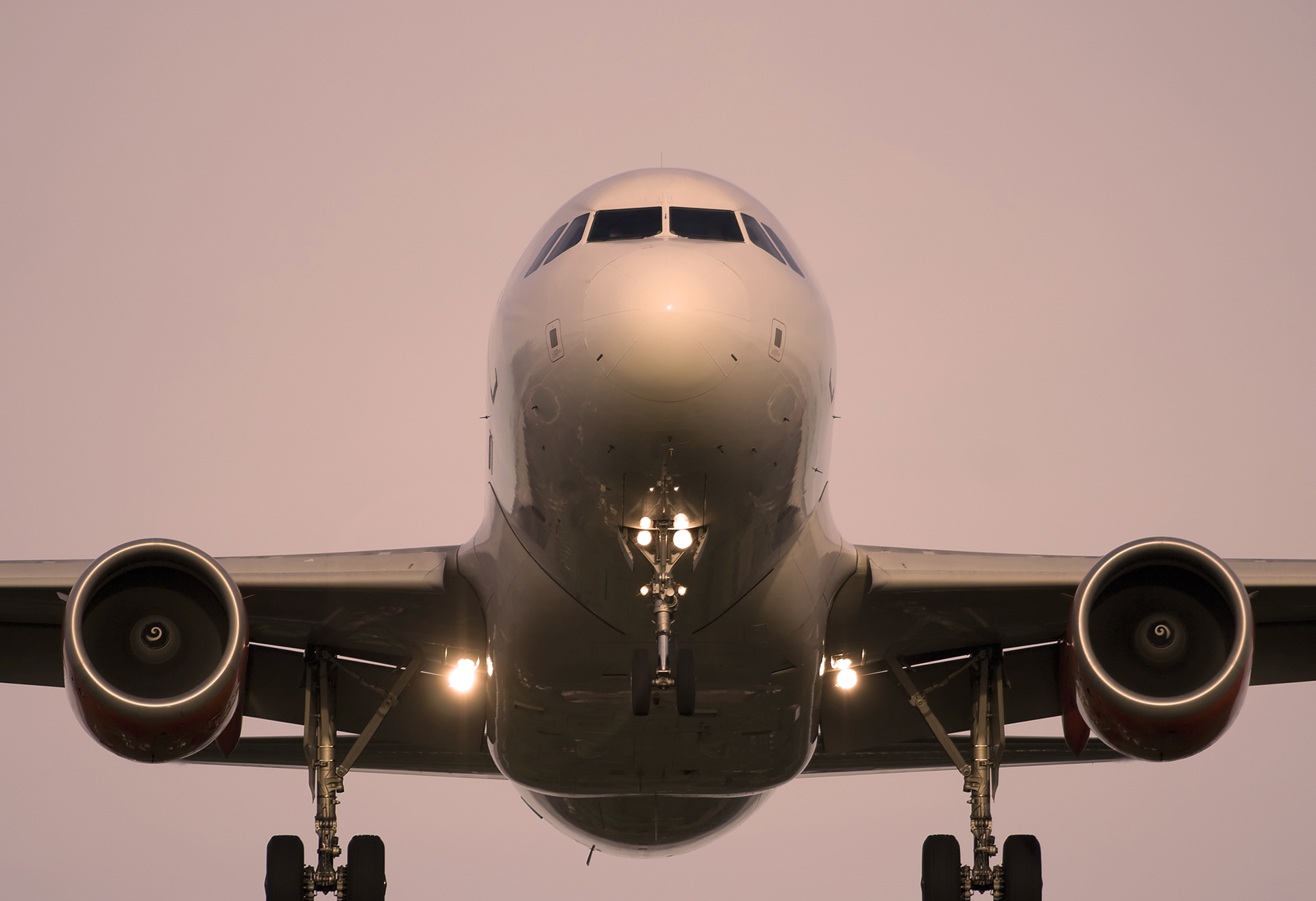Despite a recent record-breaking holiday travel season in the U.S., the concept of “flight-shaming” is gaining ground in Europe. Thanks to the environmental advocacy of activists such as Greta Thunberg, the public is being told to avoid airplanes and instead use mass ground transport. They are right that we need to do our share to reduce carbon emissions. It is just that choosing a train or bus ride in lieu of a flight is not always the most environmentally friendly option.
Demonizing airlines, which provide safe and cost-efficient transport, makes little sense. From aircraft built mainly of lighter composites and ever more fuel-efficient engines to the use of sustainable aviation biofuels, the aviation industry is constantly seeking ways to improve performance. And airlines are working with agencies, such as the FAA, to design more direct and fuel-efficient flightpaths. This is simply good business, since reduced fuel consumption lowers costs as well as CO2 emissions.
Still, it is worth asking the question: Are there viable alternatives to air travel to domestic points in the U.S.? I recently took a business trip from Washington to St. Louis by rail to put the tenets of “flight-shaming” to the test. The results were eye-opening.
If we accept a widely cited figure that railroads output 30% less carbon per passenger-mile, we must examine the routes they take to deliver passengers to their destinations in the U.S. A train journey frequently requires in excess of 30% more miles than a flight, quickly eroding the carbon-emissions-per-passenger-mile argument.
In this case, I took an overnight train through Chicago to get to St. Louis—a one-way trip of 1,094 mi. (1,760 km). The trip emitted 150 kg (330 lb.) of CO2 and took 28 hr., including a 5-hr. layover in Chicago. A point-to-point return flight only required 720 mi., at a cost of 114 kg of CO2, and took about 3 hr., including boarding and taxiing. So not only did the train ride take nine times longer and cost more, it produced 32% more in carbon emissions.
This is not a criticism of Amtrak. But if we are taking trains over airplanes to save the environment, we are failing our planet miserably.
Of course, environmentalists will argue that a high-speed rail network is friendlier to the environment. This ignores the hundreds of billions of dollars it would take to build a transcontinental high-speed rail network in the U.S., the massive carbon output required for such construction and the topographical issues and population displacement required to construct direct rail routes.
Simply put, mass public transportation is not a viable, effective alternative to air travel in much of the U.S., particularly because the existing airport network is already in place, and the U.S. government has been working with all stakeholders in the aviation community to make air travel safer, more efficient and cleaner.
Instead of being rewarded for providing safe, affordable and environmentally friendly air transportation, the aviation industry is under attack. Regulators are examining a mandate to remove seats to provide extra room for passengers. Such a rule threatens unintended consequences for the environment. If fewer passengers fly per aircraft, more flights will be required, leading to the production of more CO2 emissions. That kind of regulation also could lead to the elimination of marginally profitable routes that serve less populated areas and force would-be passengers to drive long distances.
We should be working together to ensure the U.S. aviation industry can meet the ambitious goals for carbon reduction to which it has already committed. In an International Air Transport Association statement a decade ago, the aviation industry set: “three sequential goals for air transport: (1) a 1.5% average annual improvement in fuel efficiency from 2009 to 2020, (2) carbon-neutral growth from 2020 and (3) a 50% absolute reduction in carbon emissions by 2050”. We don’t take that commitment lightly…



